
We’re tackling the problem of stubble burning head-on by creating an ecosystem that empowers farmers, uplifts communities and protects the planet.
What is Stubble Burning?
Stubble burning is the widespread practice of setting fire to crop residue, mainly after harvesting rice and wheat, to quickly clear fields for the next sowing. For many farmers, especially smallholders, it remains the fastest and most economical option. But this convenience has turned devastating.
Over 80 million tonnes of crop residue is set on fire
annually — poisoning the air, damaging the soil, and endangering lives!
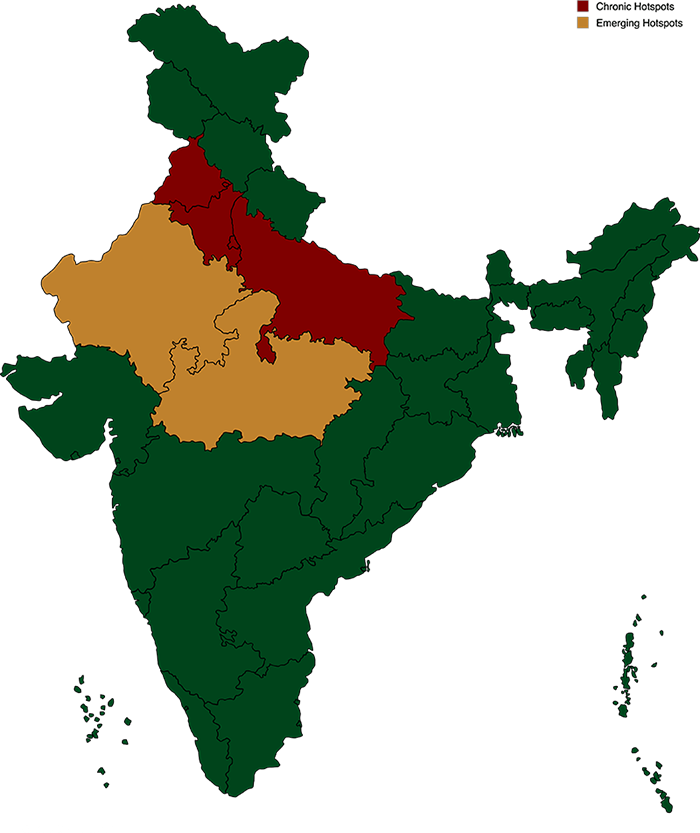
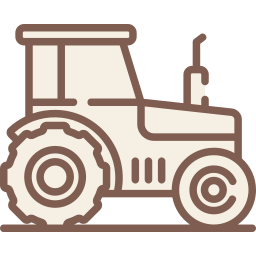
High cost and limited access to machines like Happy Seeders make alternatives out of reach for many farmers

Only 15–20 days between paddy harvest and wheat sowing, leaving little time for residue management

Burning is fast and free, making it the most practical option for smallholders

Many are not fully aware of the harm it causes to soil, human health, and the environment
Releases toxic pollutants like PM2.5, carbon monoxide and over 34 million tonnes of CO₂ annually
Triggers severe smog episodes, accounting for 35% for air pollution in Delhi NCR during peak burning months
Causes serious health issues like asthma, and lung infections with hospitals witnessing 40% surge in such cases
Depletes soil health and nutrients, with up to 90% nitrogen loss and 15–20% phosphorus & potassium loss
Leads to economic losses estimated at over $30 billion annually
Despite awareness and policy efforts, the practice persists due to a lack of accessible and sustainable alternatives
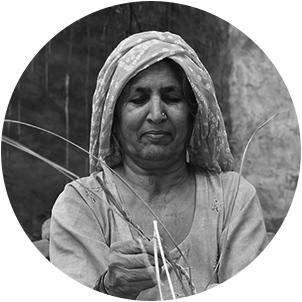
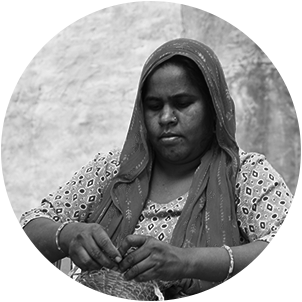
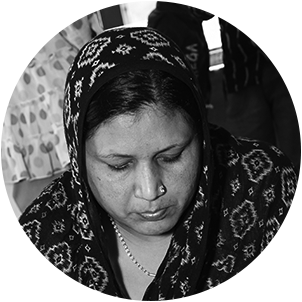
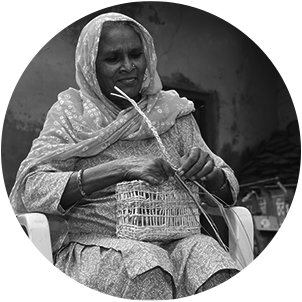
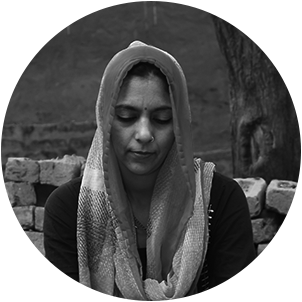
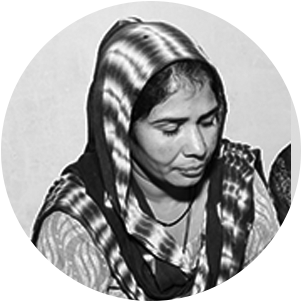


















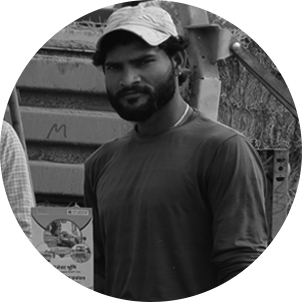
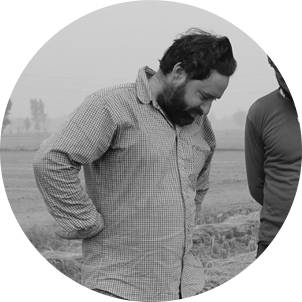
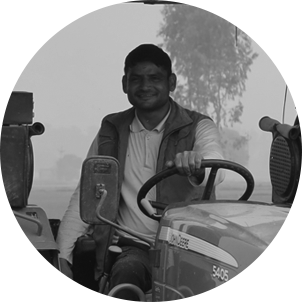
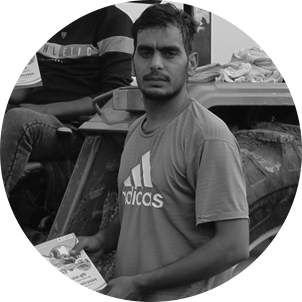
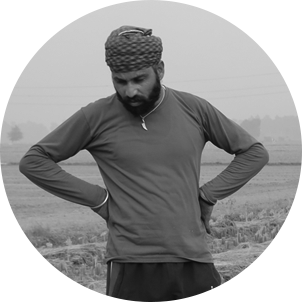
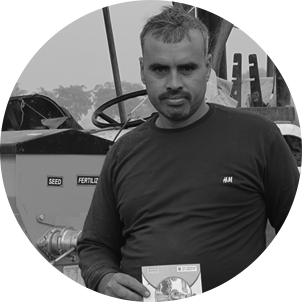
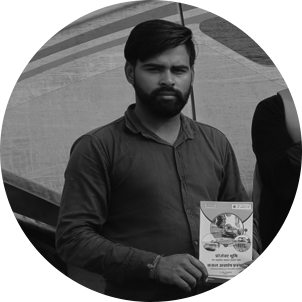





















Purchase Parali products and help us take them to global markets
Support the Parali Design Centre to scale eco-friendly solutions
Join us in field projects and awareness drives that drive sustainable implementation
Co-create with us as an influencer or advocate for sustainable living
Partner in campaigns that educate and inspire communities.







Project Parali is a movement that is transforming stubble waste into sustainable products, turning an environmental challenge into an opportunity for innovation.